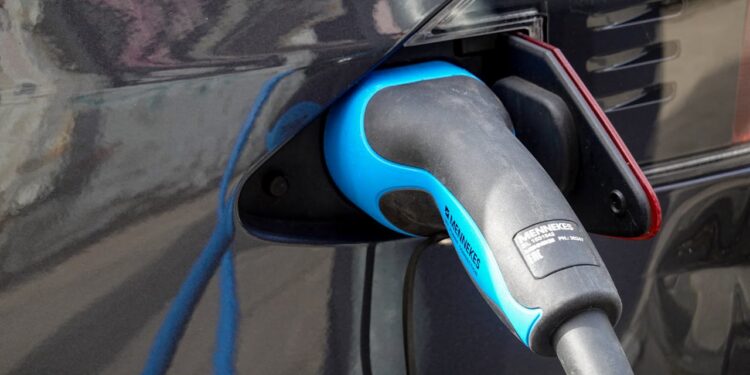Electric vehicles (EVs) are no longer a foreign concept on Kenyan roads. From Nairobi to Eldoret, and even in smaller towns like Nyeri or Kitale, more drivers are exploring electric options thanks to the rising cost of fuel, government incentives, and growing environmental awareness.
But one question remains common among potential buyers: how long do EV batteries actually last—especially in Kenya’s unique driving conditions and climate?
Let’s break it down in simple terms and help you understand what to expect when owning an electric car in Kenya.
How Long Does an EV Battery Typically Last?
Most EV manufacturers guarantee their batteries for 8 to 10 years or around 160,000 km, whichever comes first. However, this doesn’t mean the battery suddenly dies after this period—it simply means it may no longer hold a full charge or perform at peak capacity.
In real-world use, many EVs continue running well beyond that timeline, albeit with a slightly reduced driving range. Battery technology is also improving rapidly, with modern lithium-ion batteries built to last longer and withstand more charging cycles.
Good news for Kenyans: With Nairobi’s average daily commute ranging between 20–50 km, most EVs can easily last over a decade before battery replacement becomes necessary.
Factors That Affect Battery Life in Kenya
1. Heat Exposure
Kenya’s climate—especially in hotter regions like Mombasa or Garissa—can impact battery longevity. High temperatures accelerate battery degradation.
What you can do:
- Park in the shade whenever possible.
- Avoid charging during the hottest part of the day.
- Use built-in battery cooling systems if your EV has one.
2. Driving Habits
Aggressive driving with frequent acceleration and hard braking consumes more energy and stresses the battery.
Tip: Use eco-driving modes, accelerate gently, and avoid unnecessary rapid braking to conserve energy and preserve battery health.
3. Charging Patterns
Frequent use of fast chargers and charging to 100% regularly can reduce long-term battery health.
Recommended:
- Charge between 20% and 80% for everyday use.
- Reserve fast charging for long-distance trips or emergencies.
Signs Your EV Battery Is Wearing Out
Battery wear happens gradually, but here are a few signs to watch out for:
- Reduced driving range – You start getting fewer kilometers per charge than before.
- Slower charging – The battery takes longer to charge fully.
- System warnings – Some EVs display battery health alerts when degradation sets in.
If you notice these signs, it’s a good idea to visit an EV-certified mechanic or dealership for diagnostics.
Can You Replace an EV Battery in Kenya?
Yes, battery replacements are possible in Kenya, although still relatively rare. Most EV owners in the country are still within the warranty window, and battery issues remain uncommon in newer models.
The challenge? Battery replacement can be expensive—sometimes costing up to 50% of the car’s value. However, the long lifespan means you likely won’t face this issue for many years.
Some second-hand options on https://auto24.co.ke/ even come with battery health reports or partially new batteries. EVs like the Nissan Leaf, Toyota Prius Plug-In, and Hyundai Ioniq EV are popular on the site and often meet daily Kenyan driving needs without issue.
How to Make Your EV Battery Last Longer
Want to get the most life out of your EV battery? Here’s what works in Kenya’s environment:
- Charge smart – Use a home charger for overnight charging and avoid full or empty batteries.
- Drive gently – Use regenerative braking, accelerate smoothly, and avoid carrying excessive loads.
- Service regularly – Keep your EV software and systems updated.
- Cool and protect – Park in cool areas and avoid leaving your EV exposed in extreme heat.
For more EV maintenance tips and local car care advice, check out https://automag.co.ke/, where you’ll find a wealth of resources tailored to Kenyan drivers.
Final Thoughts
Electric car batteries are built to last—and with Kenya’s urban driving patterns, you’re more likely to enjoy several years of efficient and cost-effective driving before worrying about battery replacement. By adopting good driving and charging habits, your EV battery could easily last 10 years or more.
So if you’re on the fence about buying an electric car, don’t let battery life scare you off. The technology is ready—and Kenya is catching up fast.




